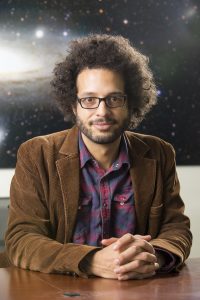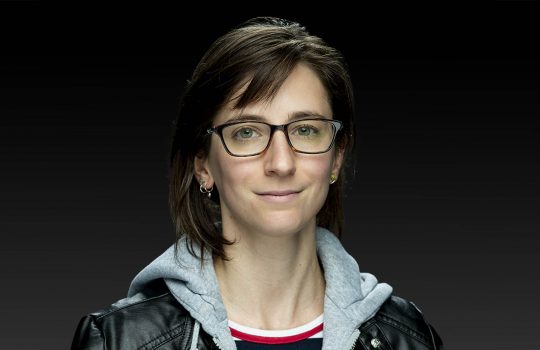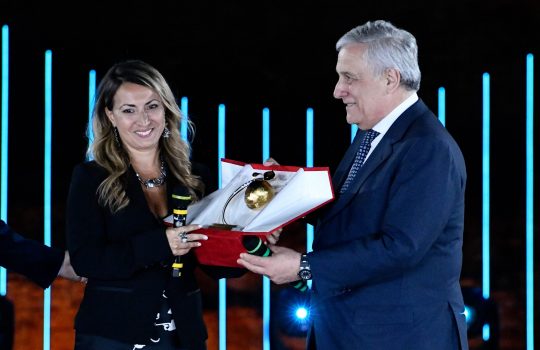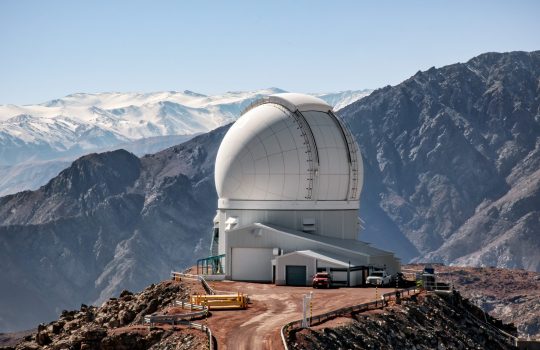The University of Chicago has awarded Fermilab scientist Brian Nord a grant to explore the use of AI to design cosmology experiments, which seek to understand the origin and evolution of the universe.
The grant is one of five that are part of the Joint Task Force Initiative, an effort between the University of Chicago, Fermilab and Argonne National Laboratory. Through its Office of Research and National Laboratories, the university provides seed funding for collaborative projects in AI and quantum information science. The new grant programs offer a total of $400,000 for projects that advance scientific discovery and insights in these two fields.
Together with University of Chicago Assistant Professor Yuxin Chen, Nord will use AI to automate many of the manual processes involved in designing and executing cosmology experiments. These experiments compare predictions from cosmic simulations with telescope observations of galaxies, stars, and hundreds of millions of objects to predict the universe’s evolution. Chen and Nord will use AI to design an experiment that is optimized to measure the expansion rate of the universe.
AI-driven automation may bring greater efficiency and reliability to the execution of cosmological simulations, cosmic survey scheduling, and data analysis — expanding opportunities for discovery. Nord and Chen will endeavor to use AI to optimize the full loop of cosmic experiments, where all these elements work together.
The AI + Science research grants program is provided in collaboration with the University of Chicago Center for Data and Computing.




